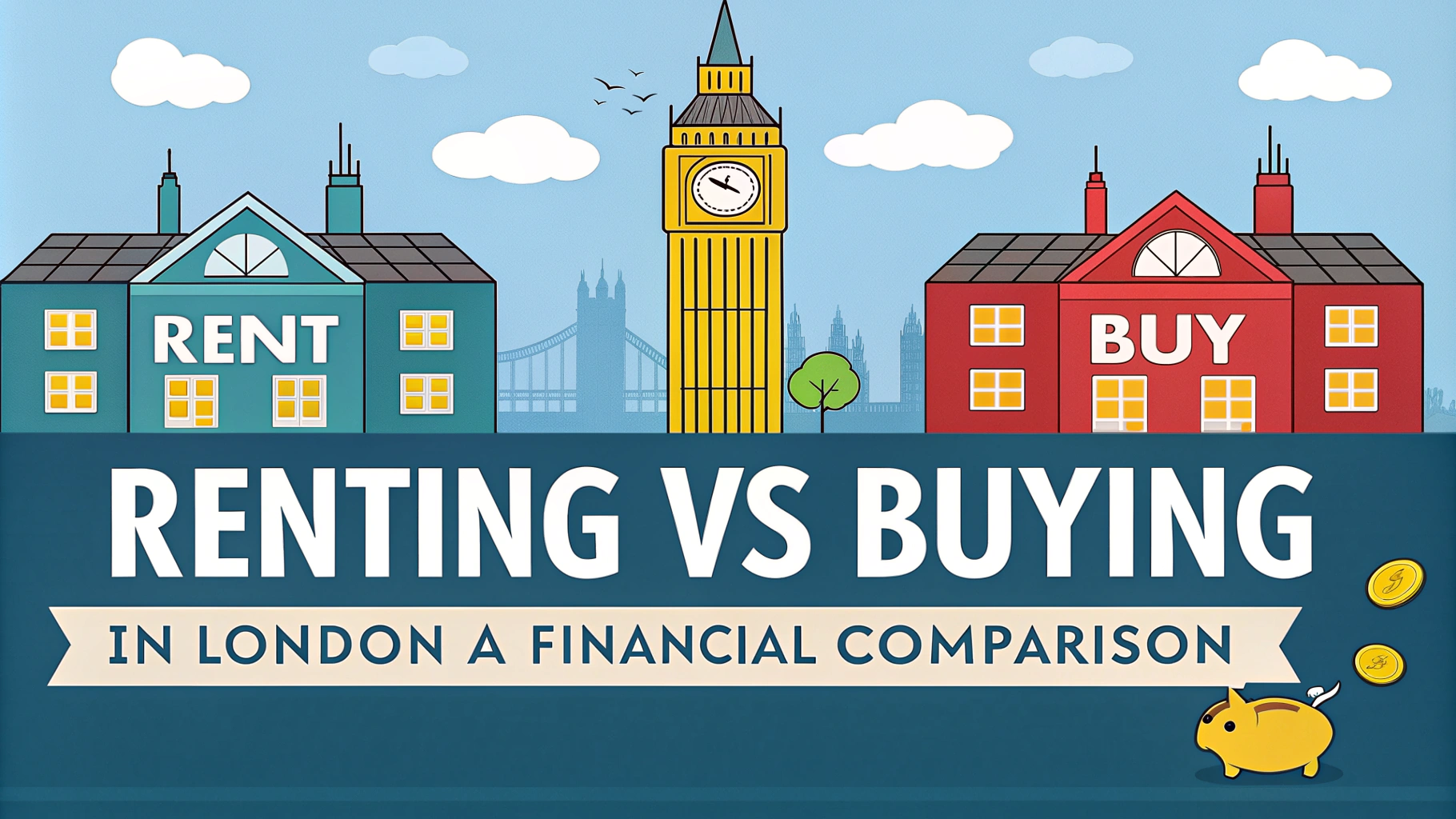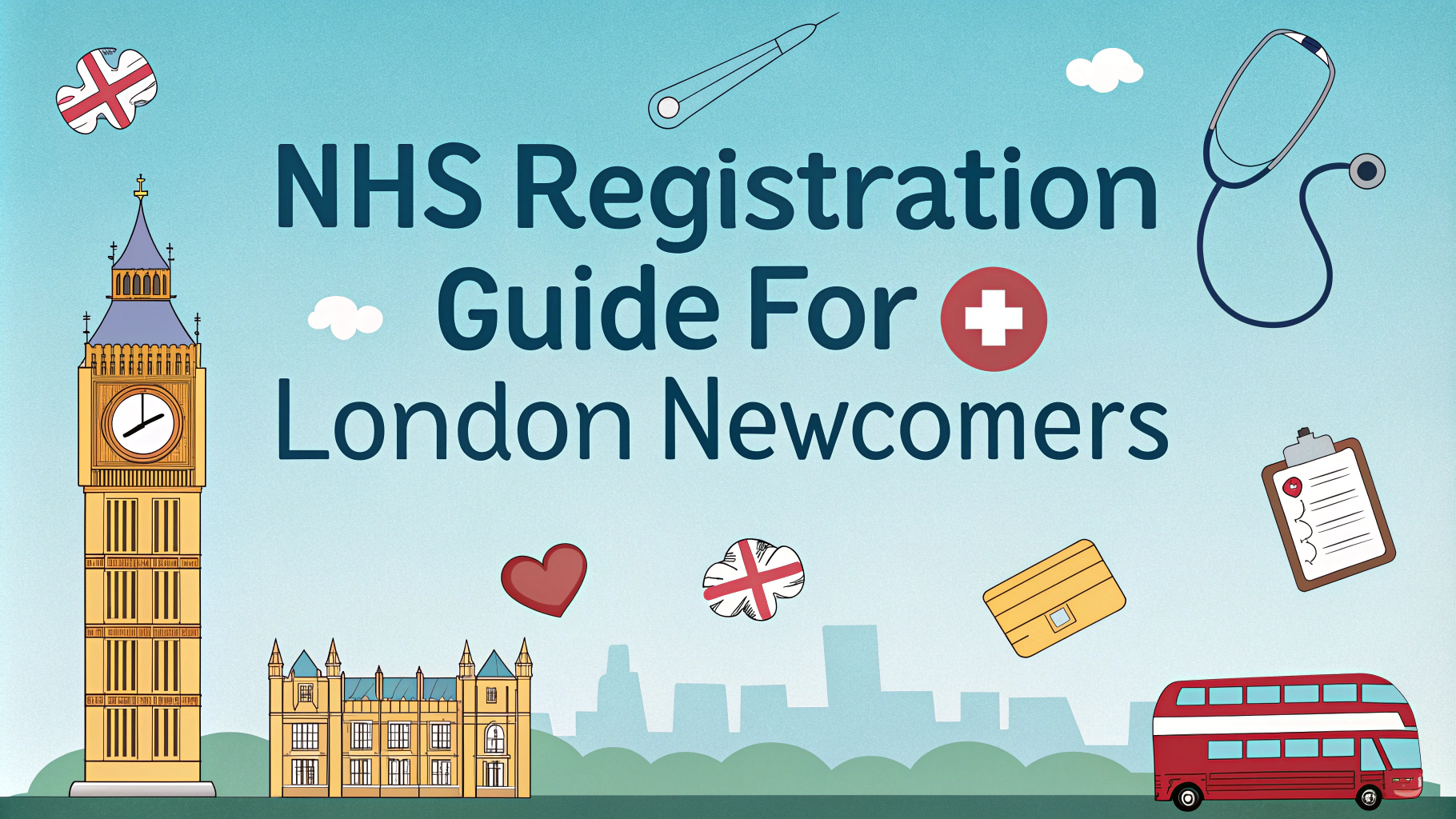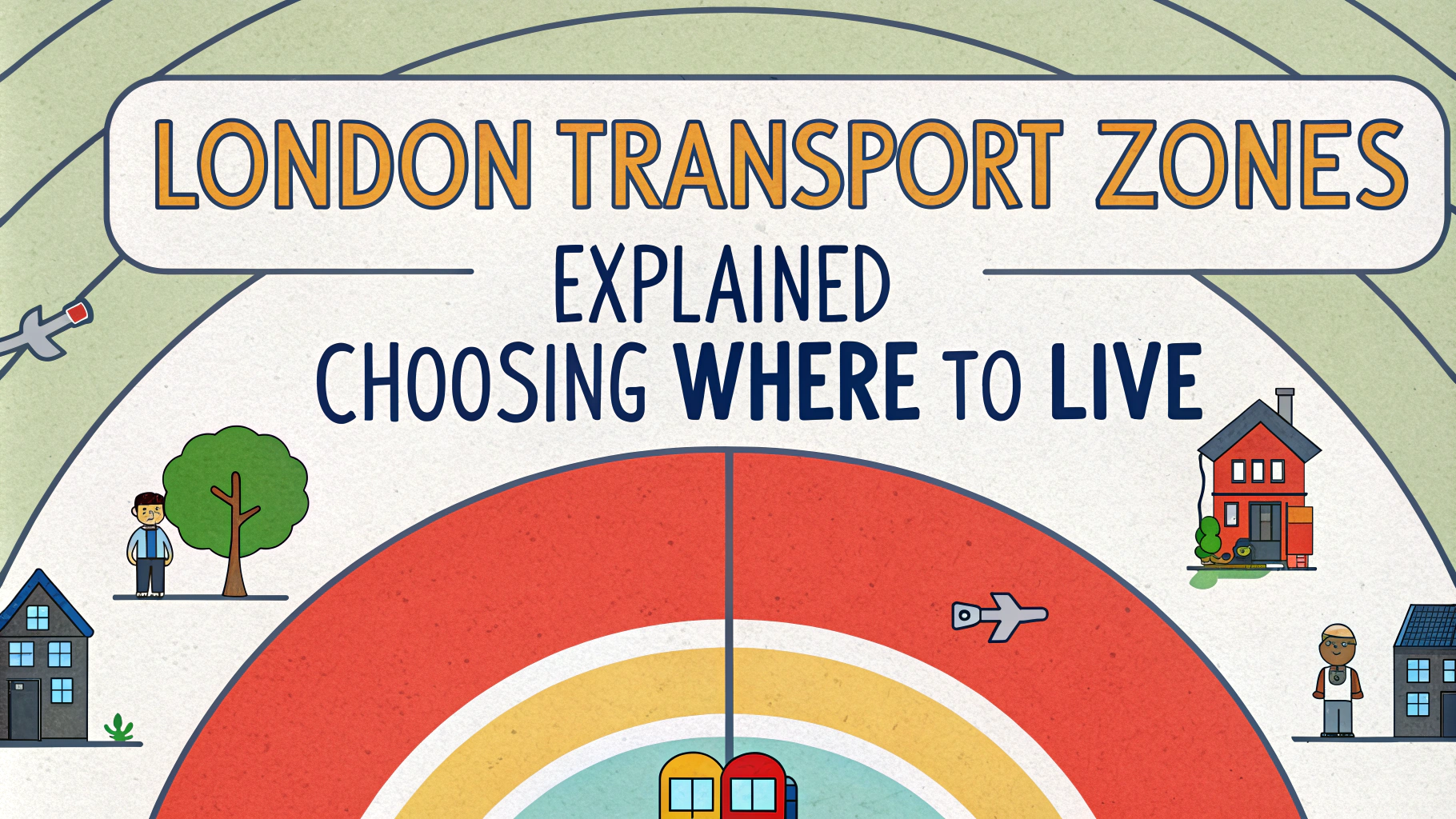Moving to London comes with numerous hidden expenses that can catch newcomers off guard if they’re not properly prepared.
Beyond the obvious costs like rent and utilities, there are several lesser-known financial commitments that can significantly impact your budget during the relocation process.
This quick guide breaks down the unexpected costs you might encounter when moving to London, helping you plan your finances more effectively.
Council Tax and Administrative Fees
- Council Tax: £1,000-£2,500 annually, varying by borough and property band
- TV License: £159 per year
- Congestion Charge: £15 daily if driving in central London
- ULEZ charges: £12.50 daily for non-compliant vehicles
Transportation Costs
A Zone 1-2 monthly travel card costs £142.10, while a Zone 1-6 card reaches £254.10.
- Oyster card deposit: £5
- Airport transfer costs: £25-£75 depending on method
- Moving van rental: £50-£200 per day plus fuel
- Parking permits: £100-£200 annually in residential areas
Housing-Related Expenses
- Tenant referencing fees: £30-£50
- Deposit protection scheme registration
- Contents insurance: £150-£300 annually
- Agency admin fees (for landlords only, as tenant fees are banned)
Setting Up Your Home
First-month utility deposits can range from £100-£300 per service.
- Internet setup: £30-£60
- Mobile phone contracts: £20-£60 monthly
- Water meter installation (if required): £100-£200
- Furniture rental or purchase costs
Professional Services
- Removals insurance: 1-2% of goods value
- Storage facilities: £100-£300 monthly
- Professional cleaning services: £150-£300
- Handyman services for installations: £50-£100 per hour
Emergency Fund Requirements
Set aside at least three months of living expenses (£3,000-£5,000) for unexpected costs.
| Expense Type | Estimated Cost |
|---|---|
| Initial Setup Costs | £2,000-£4,000 |
| Monthly Hidden Costs | £300-£500 |
| Emergency Fund | £3,000-£5,000 |
Money-Saving Tips
- Register for council tax single person discount (25% off) if living alone
- Compare utility providers using comparison websites
- Join local Facebook groups for free or cheap furniture
- Consider flat-sharing to reduce overall costs
- Use cashback sites for setting up new services
Planning Your Move Successfully
Contact your local council (Find your council) to understand specific local charges and potential discounts.
Keep a spreadsheet of all potential costs, adding 20% extra for unexpected expenses.
Start setting up utilities and council tax registration at least two weeks before moving.
Timeline Planning
Creating a structured timeline helps manage these hidden costs more effectively:
- 3 months before: Start emergency fund savings
- 2 months before: Research and compare service providers
- 1 month before: Book essential services and arrange utilities
- 2 weeks before: Begin council registrations
- 1 week before: Confirm all bookings and deposits
Area-Specific Considerations
- Different boroughs have varying council tax rates
- Parking permit costs change by zone
- Some areas require additional security deposits
- Local amenity charges may apply
Insurance Requirements
Several insurance types to consider when moving:
- Contents insurance: Protect personal belongings
- Tenant liability insurance: Cover property damage
- Transit insurance: Safeguard items during move
- Pet insurance: Higher rates in London areas
Making London Your Home – Essential Steps Forward
Successful relocation to London requires careful financial planning and awareness of hidden costs. Create a detailed budget spreadsheet, research area-specific expenses, and maintain a healthy emergency fund. Remember that initial costs are typically higher than ongoing expenses, so plan for a more substantial financial outlay in the first few months.
- Register with local healthcare services
- Join community groups for support and advice
- Keep all documentation organized and accessible
- Review and adjust budget quarterly during first year
FAQs
- What are the unexpected council tax rates in London, and do they vary by borough?
Council tax varies significantly by borough, ranging from approximately £800 to £2,000 annually for Band D properties. Westminster and Wandsworth typically have lower rates, while Kingston and Richmond charge higher amounts. - How much should I budget for transportation beyond my regular Tube fare?
Beyond the monthly Travelcard (£140-£250), factor in late-night taxis (£15-30 per ride), occasional rail travel to airports (£12-25), and weekend trips to outer zones (£5-10 per journey). - What hidden rental costs should I prepare for in London?
Additional rental costs include agency fees (£200-500), reference checks (£30-50 per person), deposit protection schemes (£30-50), and utility setup fees (£50-100 per service). - Are there any unexpected utility expenses specific to London properties?
London properties often require higher heating costs due to older buildings, TV licensing (£159 annually), and potential water rates based on rateable value rather than metered usage. - What insurance costs are essential for London living?
Contents insurance (£150-300 annually), higher building insurance in flood-risk areas near the Thames, and additional coverage for high-value items due to urban crime rates. - How much extra should I budget for social activities in London?
Average restaurant meals cost 20-30% more than other UK cities, theater tickets range from £30-150, and typical pub nights can cost £30-50 per person including drinks. - What are the hidden costs of commuting from London’s suburbs?
Commuting from zones 4-6 includes higher season ticket costs (£2,000-3,000 annually), potential parking fees (£5-15 daily), and longer journey times resulting in higher childcare costs. - Are there any unexpected maintenance costs for London properties?
Period properties often require specialized maintenance, with higher costs for conservation area compliance, damp treatment (£2,000-4,000), and emergency plumbing services charging London premiums. - How much should I budget for emergency accommodation if my move-in date changes?
Short-term accommodation costs range from £100-200 per night for basic hotels, while serviced apartments can cost £150-300 per night during peak seasons. - What are the hidden costs of parking in London?
Resident parking permits vary by borough (£120-400 annually), visitors’ parking vouchers (£3-7 per day), and potential Congestion Charge fees (£15 daily) for central London driving.








